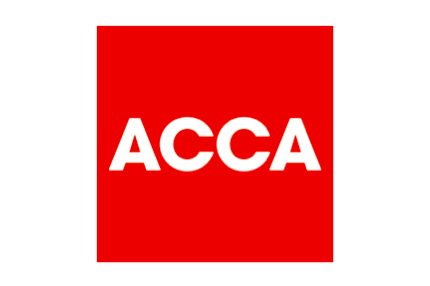Mumbai, July 5, 2017: India is on course to reduce the size of its ‘shadow economy’ — the production of and trade in legal goods and services that are deliberately and often illegally concealed from public authorities — by 2025, according to a new study from the Association of Chartered Certified Accountants (ACCA).
 ‘Emerging from the shadows: the shadow economy to 2025’, the recent report by ACCA estimates that the shadow economy in India currently represents 17.22% of GDP – which would have totalled an approximate Rs 26,158 bn in 2016. This will fall to 13.6 per cent of GDP by 2025. The global average is expected to fall from 22.5% to 21.39% of GDP over the same period.
‘Emerging from the shadows: the shadow economy to 2025’, the recent report by ACCA estimates that the shadow economy in India currently represents 17.22% of GDP – which would have totalled an approximate Rs 26,158 bn in 2016. This will fall to 13.6 per cent of GDP by 2025. The global average is expected to fall from 22.5% to 21.39% of GDP over the same period.
“The prevalence of shadow economy activity throws up considerable practical and ethical issues for both business and government,” said Md. Sajid Khan, Head of International Development at ACCA. “The fall in the shadow economy’s overall share of the India is a very positive sign that government and business are undertaking significant efforts to curb its impact. The fall in the shadow economy is being driven by the increasing health of the overall economy, such as rising employment and GDP growth.”
He adds, “Yet this success should not encourage a culture of complacency. The overall rate of unemployment will have a significant driver of the shadow economy, as people struggle to access legal, regulated work. In addition there will be challenges created by the rise of new technologies, such as Bitcoin.”
Faye Chua, Head of Business Insights at ACCA says, “The shadow economy presents an enormous challenge for society and a huge potential opportunity for the profession to play an active role across the entire value chain from measurement and monitoring through to helping shadow firms and individuals manage their financial affairs and possibly make the transition from informal to formal.
“Effective management of the shadow economy requires action at all levels – government, cities, local communities and individuals.”
About ACCA
ACCA (the Association of Chartered Certified Accountants) is the global body for professional accountants. It offers business-relevant, first-choice qualifications to people of application, ability and ambition around the world who seek a rewarding career in accountancy, finance and management.
ACCA supports its 188,000 members and 480,000 students in 178 countries, helping them to develop successful careers in accounting and business, with the skills required by employers. ACCA works through a network of 100 offices and centres and more than 7,110 Approved Employers worldwide, who provide high standards of employee learning and development. Through its public interest remit, ACCA promotes appropriate regulation of accounting and conducts relevant research to ensure accountancy continues to grow in reputation and influence.
Founded in 1904, ACCA has consistently held unique core values: opportunity, diversity, innovation, integrity and accountability. It believes that accountants bring value to economies in all stages of development and seek to develop capacity in the profession and encourage the adoption of global standards. ACCA’s core values are aligned to the needs of employers in all sectors and it ensures that through its range of qualifications, it prepares accountants for business. ACCA seeks to open up the profession to people of all backgrounds and remove artificial barriers, innovating its qualifications and delivery to meet the diverse needs of trainee professionals and their employers. More information is here: www.accaglobal.com
